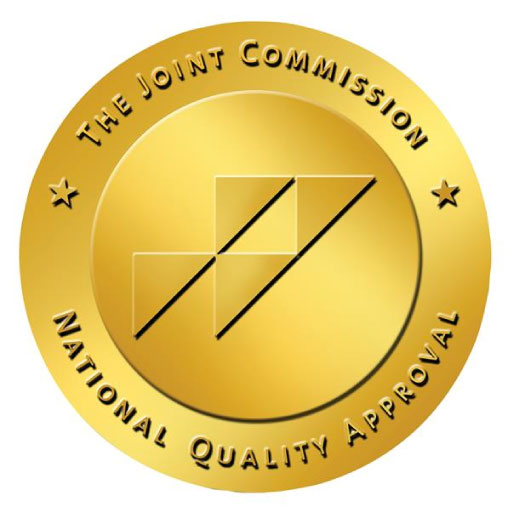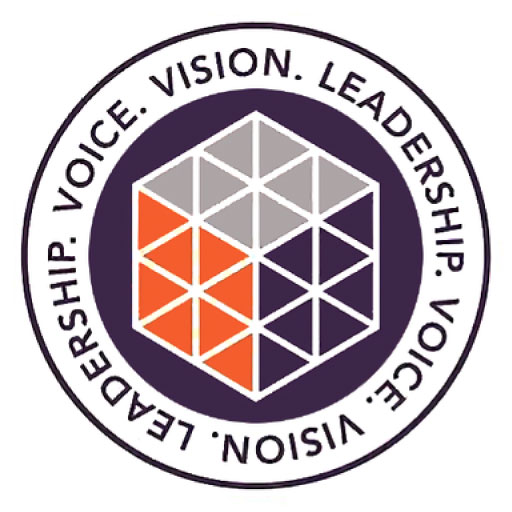Trauma-informed care is only one of many ways to offer support for people in recovery from addiction. This effective pathway looks at addiction from the perspective of past and historical trauma in a person’s history. Their childhood informs how they are now, therefore the trauma should be addressed alongside the addiction itself. It is highly likely trauma drove the initial addiction. More than 60% of adults report experiencing some type of abuse as children or witnessing traumatic events. From a trauma-informed lens, it is possible to explore ways this impacts the person’s journey now and how to best help them receive the support they need going forward.
We help people with addictions and substance use disorders recover. Get mindfulness training and learn the 12 Steps for deeper healing.
Traumatic Pasts Shape the Future
Researchers have identified some key markers for children who experience early childhood trauma. Adverse Childhood Experiences (ACEs) look at traumatic events that happened to a child that make them two to four times more likely to grow up to be an adult with addiction. More than 50% of adults say they experienced trauma or abuse as a child. The relationship between trauma and addiction is ever more clear from this lens. Even emotional neglect or ways that people negate as being ‘traumatic’ can cause little traumas to build up over time, of not feeling loved or supported, and not having a connection to family. The reality is that people need loving care and support from the time they are born to develop those early bonds. When that does not happen, they can experience a spiritual or emotional rupture that keeps them from being able to feel close to others or maintain appropriate, healthy relationships.
What is Trauma
It helps to define trauma when looking at how it operates and often derails a person’s journey to healing. According to SAMHSA (Substance Abuse and Mental Health Services Administration), trauma results from an event, or series of events, that is experienced by a person who has harmed them or caused harm and has a lasting adverse impact on that person’s physical, social, emotional, or spiritual well-being. A traumatic experience may be one event or a succession of events and chronic stress, neglect, or abuse. This buildup over time causes the body to freeze up or experience periods of stress, anger, and detachment. Vulnerability and helplessness are usually factors in feeling the effects of trauma.
Supporting Trauma-Informed Care
In a rehab setting, trauma-informed care looks at how individuals with substance abuse suffer from post-traumatic stress or experience lingering effects from past trauma. Trauma-informed counseling at rehab centers often looks at how to support the person’s overall healing by providing skills that help them navigate their journey forward. This counseling approach also teaches people behavioral techniques to help them manage their trauma symptoms and prevent relapse. When people come to rehab, they think of detox and therapy. They may not realize the trauma-informed approach is a delicate balancing act between who the person is now and what they experienced in the past. It all informs who they are now and provides an appropriate lens from which to approach their work in recovery. No matter what types of drugs or alcohol they used, for whatever reason, how severe the addiction became, or what happened as a result, there is always hope through a trauma-informed lens to learn more about themselves and heal. There is also the opportunity to grow from a healing capacity around co-occurring mental health disorders and that should be taken into account when tailoring a program specific to their needs.
Healing Work
Even the best rehab facilities don’t always understand the lens from which trauma informs a person’s journey in recovery. That is why it is important to look at rehab centers that promote this work even if there is a small degree of certainty around trauma from the past breaking into the present. Every individual has their own story and their own capacity to learn more about themselves and heal. The 12-Step journey is part of that discovery process for many, along with family therapy, individual counseling, and group work. The more a person engages with their inner world, the better their chances of healing the wounds of the past to find their way forward into a brighter future. A trauma-informed program will support a person’s journey but also help them see that they have a future beyond the labels, stigma, and shame they came to rehab with and can send them into recovery with a plan to navigate life from a more positive, forward-thinking perspective.






